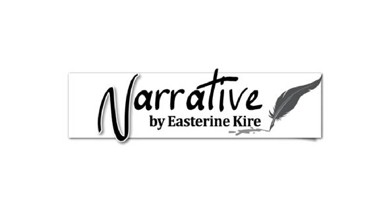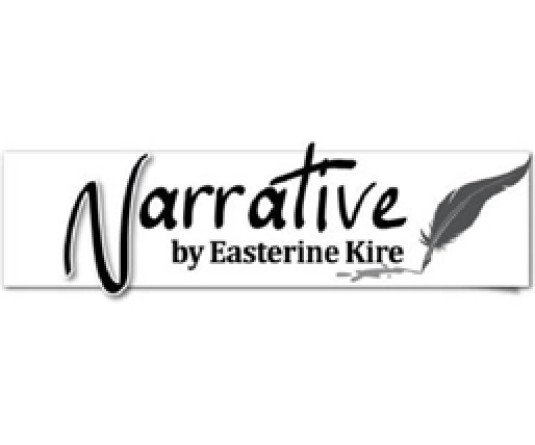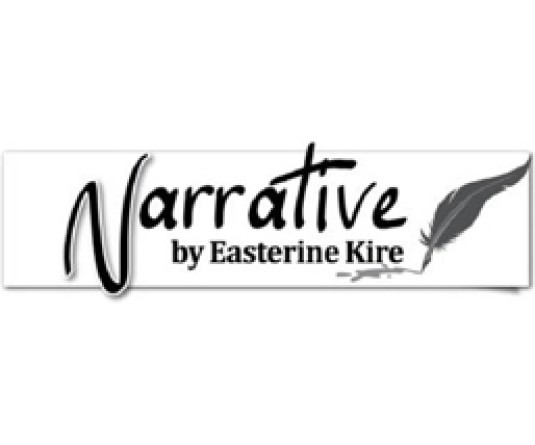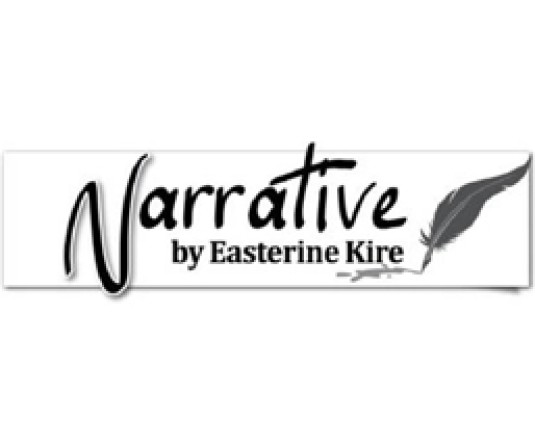
My generation grew up listening to news on the Radio. And to a lot of good music in the sixties and seventies. The All-India Radio Kohima station often won best Radio station for its choice of music and its excellent musical programs. The Director of AIR Kohima once disclosed that the station received many letters with compliments for their work from other states as well as from international listeners. From the very beginning, the Kohima Radio Station set very high standards for themselves and lived up to those standards. My generation has always been far more comfortable with Radio than television. Yet, we have also had to admit the reality that it is only a minority left that actually listens to the Radio or owns a Radio now.
In the seventies, Radio programs were an after dinner treat that we eagerly looked forward to. After an early dinner, we were four or five cousins who would assemble around the Radio and tune in to the local Radio station. It was Grandfather’s Radio, but once he had finished listening to the Angami program, he would pass the portable transistor Radio over to us. The news in English was followed by the music program called, ‘Listeners’ Choice’ with listeners sending in requests to play songs of their choice. It was a big thing to hear your name read out by the disc jockey dedicating your favourite song to you and playing it on Radio. Songs for birthdays could be requested, and songs could be dedicated to people without a reason. Radio was the Facebook of the seventies. It was our social media and what a great place it was to be. No ranting, no sarcasm, no politics. Just good music with lyrics that were lucid and memorable. Apart from the brilliant music hour, AIR Kohima had some of the best newsreaders. Let me take you back in time. The signature tune is played just before the news. Then a voice that many would recognise from its deep timbre, announces, ‘This is All India Radio, Kohima. The news read by Michael Yaden.’ Michael’s beautiful voice is now forever stilled by the hand of time. We mourn his passing and acknowledge the loss to his family. And we mourn the loss of the Radio personality that represented AIR Kohima in such a dignified manner. Although it has been decades since he stopped Radio work, he left a legacy that will not be easily forgotten. Few Radio voices have come forward since then to match Michael Yaden and Rocus Chasie. They had perfect voices for Radio. They brought laurels to our fledgling station and imbued it with class and quality. Top-notch, First class. It was a joy to listen to the English news read out by either of them, as they clearly enunciated their words and transformed a task as tedious as news-reading into a valuable lesson in English diction. They and their contemporaries placed AIR Kohima on more than a par with other Radio stations. I choose to write about this fact because it could be lost in the annals of unwritten history, and if that happened, we would be depriving ourselves indeed. Wherever pioneers have led the way with a spirit of excellence, our part should be to emulate their example. Thank you for the music, Michael, and thank you for the news.
It is with deep nostalgia that I look back on the days of the Radio. It was central to our pre-television, pre-internet lives in middle town Kohima, and other towns of Nagaland. Its hidden strength was its capacity to unite all sections of society, for every member was drinking from the same source of information, something that its users were possibly not fully aware of until the era of Radiowaned. ‘I heard it on the Radio’ was far more likely to be quoted as a source of news. The world was brought closer to us in our little towns by the Radio announcing deaths of world leaders, and all the governmental policies that were going to be implemented in our lives. The great versatility of Radio as a medium for public entertainment could be seen in the leeway it gave to the Nagamese programs. It was trusted both by the literate and the illiterate so it did a very efficient job of disseminating health and sanitation programs to the rural listeners via the part comedic, part factual Bosti Manu Laga program. My favourite aspect of Radio was the tremendous flexibility it gave to the writer of Radio plays. The wide range of noises and sounds that could be reproduced to simulate outdoor sounds, bird and animal calls as well as indoor domestic noises, such as clanging pots, a door being slammed shut, a blow landing on a victim, etc, was unsurpassable. The rest was left to the imagination, and that admirable faculty did a marvellous job of imagining the heard, but unseen. It was a stage with invisible props. I sincerely hope Radio finds a new audience again. It would be a much poorer world without Radio.






